Testing and self-isolation rules for Covid in Scotland are changing.
The new guidance will mean changes for all of us.
But what is the new advice? When does it change? And what will it mean for you?
We are answering all of your questions.
There’s a range of information that you need to know ahead of the big changes coming in this weekend.
They’re part of the Test and Protect Transition Plan which was published last month.
What’s changing from today?
From Saturday April 30:
- You won’t be advised to take a PCR test if you have symptoms
- Test sites are closing
- All contact tracing comes to an end
- Testing for the general population ends
- The NHS will step down from its emergency footing.
The Protect Scotland app will also be closed down shortly, but users are encouraged to keep the app on their phones in case it is needed again at a future date.
What’s changing from tomorrow?
From Sunday May 1 public health advice is changing too.
A ‘stay at home’ message is replacing self-isolation for people who have symptoms or have tested positive for Covid.
Adults – including adults with other respiratory illnesses – who have symptoms of Covid and a high temperature or are too unwell to go to work or to carry out normal activities are asked to stay at home.
You’re advised to stay at home until your fever has gone or you feel well enough.
What about kids who get Covid?
Children and young people aged 18 and under with mild symptoms who are otherwise well don’t need to stay at home.
The can continue to go to school or other education settings.
Mild symptoms are:
- Runny nose
- Sore throat
- Slight cough.
When do kids stay at home with Covid?
Scottish Government guidance says children and young people aged 18 and under should only stay at home if they are unwell and have a high temperature.
They can go back to school, college or childcare, and resume normal activities when they no longer have a fever and they feel well enough to attend.
This reflects the fact children and young people generally have a higher likelihood than adults of regular instances of respiratory symptoms from non-Covid illnesses.
Does anyone still need to test?
Testing will remain available to certain groups in order to protect high risk settings, support clinical care and for surveillance purposes.
Those groups include:
- Health and social care workers
- Care home and hospital visitors
- Patients groups eligible for treatment
- Hospital patients
- Unpaid carers
- People in prison.
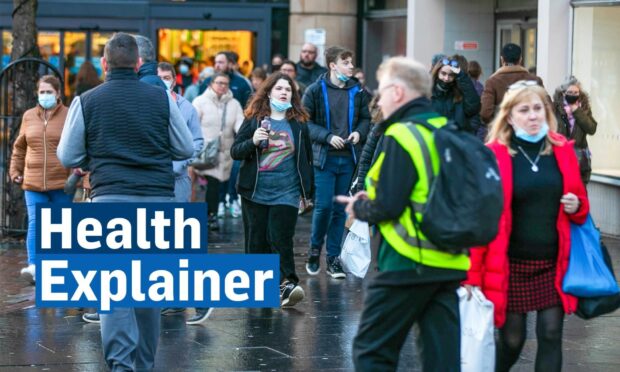
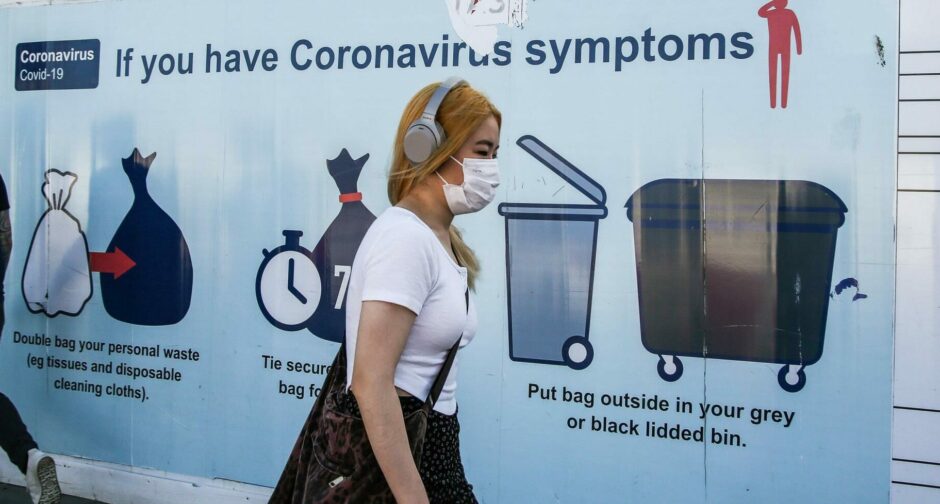
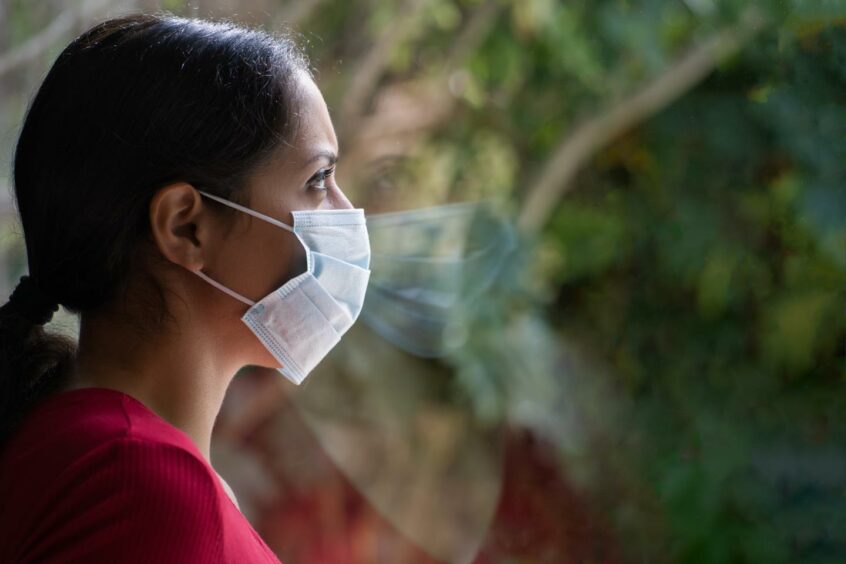
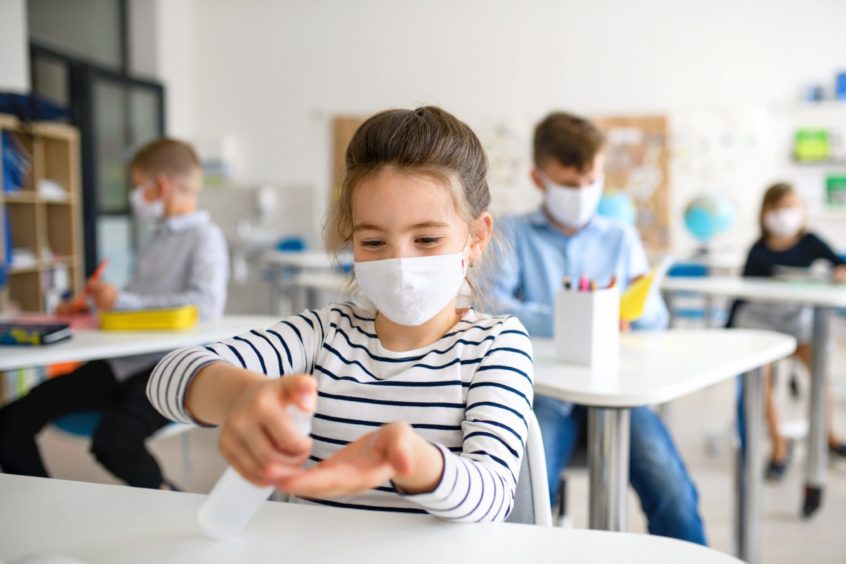


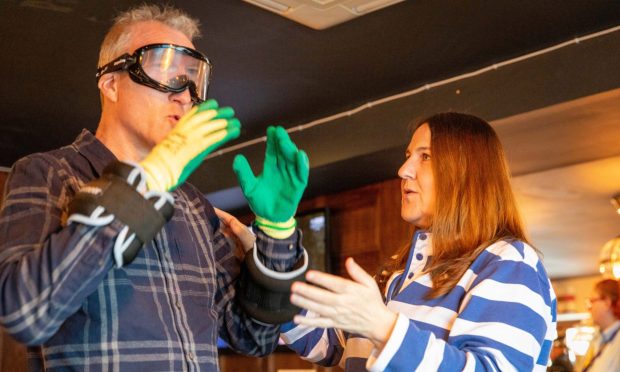

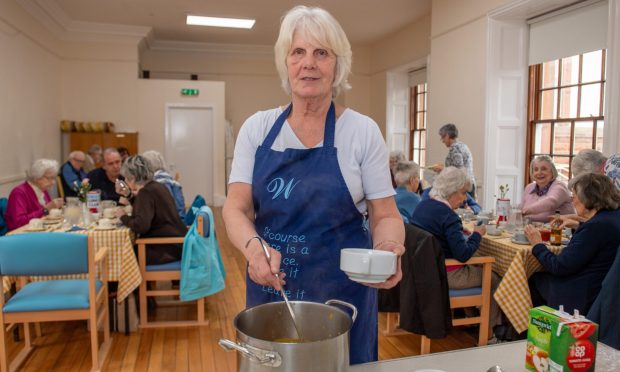
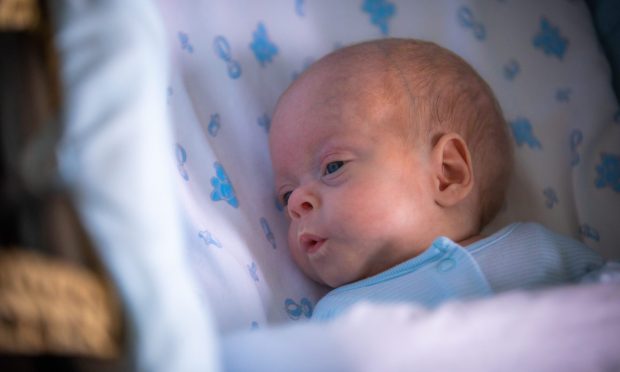
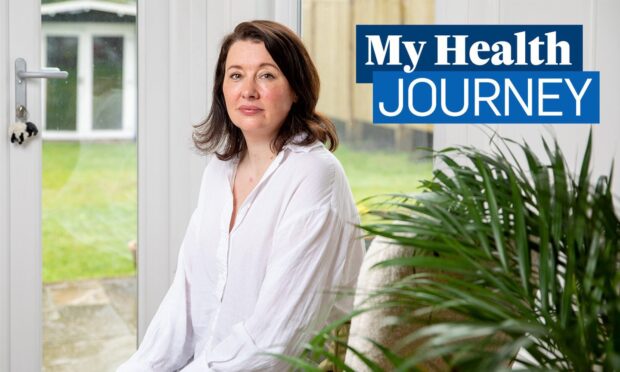
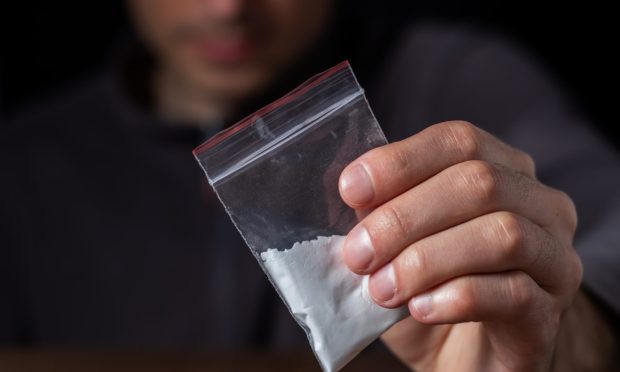
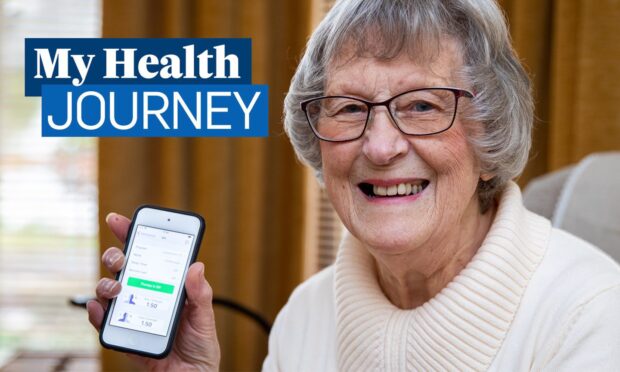

Conversation